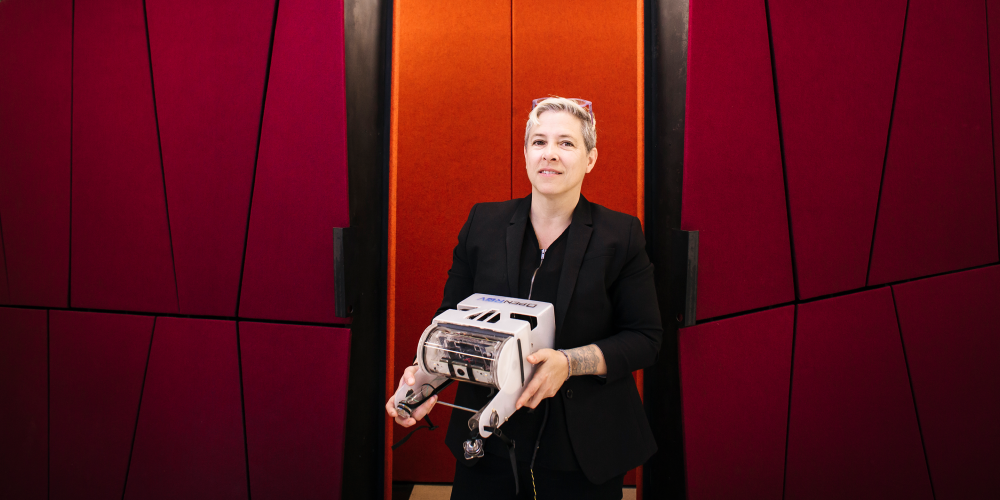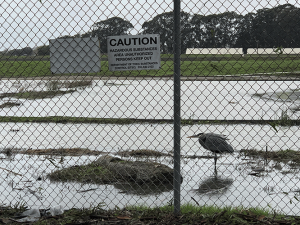

Research Bio
Kristina Hill is a professor in the Department of Landscape Architecture & Environmental Planning. She studies strategies for cities to adapt to flooding, primarily from rising sea levels and rising groundwater. Her focus is on the impacts of flooding on infrastructure and contaminated sites. She links this to social equity issues, since past housing policies such as red-lining and restrictive housing covenants contributed to keeping high concentrations of low-income people of color in areas with high physical vulnerability. In her work, she partners with local communities and government agencies. Most of her current partners are in the San Francisco Bay Area, but she has also recently worked in Denmark, coastal Virginia, and New Zealand. She is a member of the State of California's Sea Level Rise Task Force, as well as the advisory group for the San Francisco Bay sea-level rise adaptation planning process. Hill's students develop engaging animations of sea level rise and adaptation, using everything from claymation to videos of physical models that contain water and simulate water flows in urban neighborhoods.
Research Expertise and Interest
landscape architecture and environmental planning, urban design, urban ecology, surface hydrology, groundwater, sea level rise, climate change, adaptation, environmental justice, adaptation to flooding, public impact research/scholarship, community-engaged research/scholarship, social justice research, client-based studio teaching, community-based studio teaching


